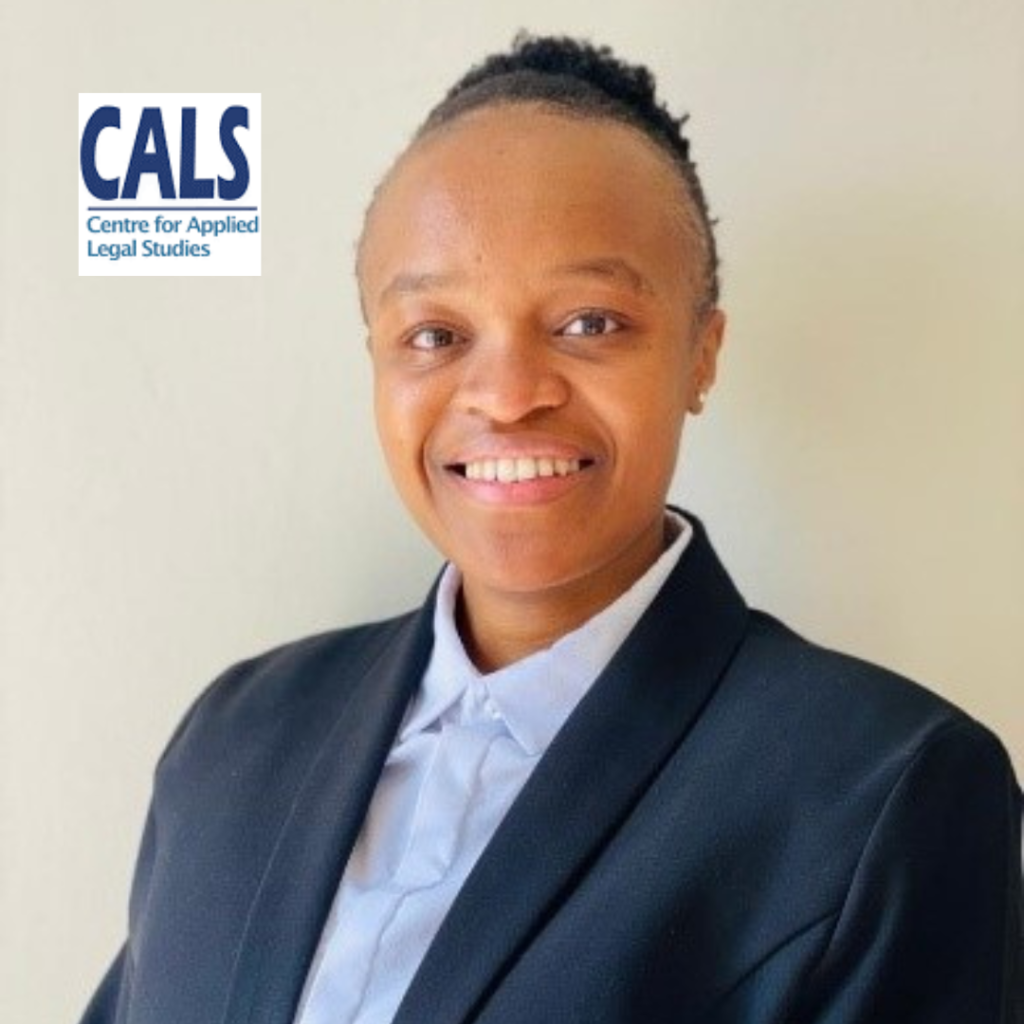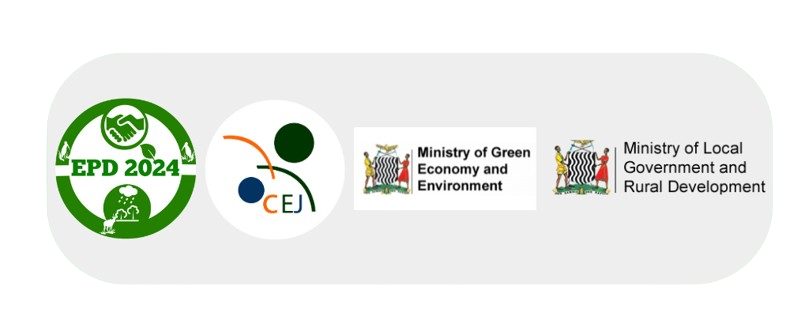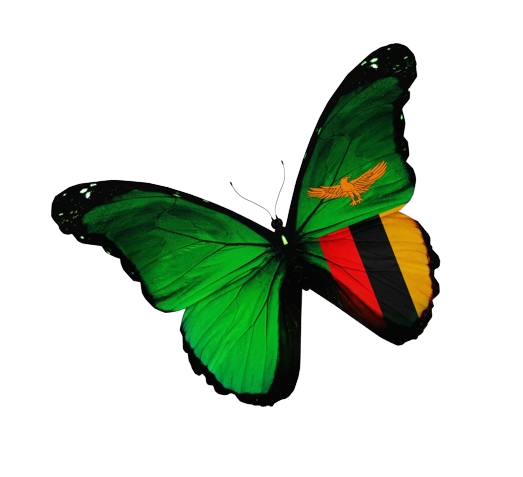Topic: Establishment of special environmental court in Zambia
Background
Environmental courts (ECs) have emerged as a global phenomenon, and their establishment is largely in response to the international discourse on sustainable development and climate change arising from the growing public awareness of environmental concerns due to increased scientific understanding, environmental advocacy, and media coverage.
ECs have a pivotal role to play in environmental protection in response to rising environmental infringements. According to the Zambia Environmental Management Agency (ZEMA) and Environmental CSOs in Zambia, major environmental challenges that the country faces are varied, and include land degradation, pollution (water, air, land), deforestation, inadequate quantity and quality of water resources, destruction of habitats and loss of biodiversity, waste management, natural hazards, droughts, and climate change (including rainfall variability). The country has also witnessed an increase in instances of illegal mining and construction of structures in ecologically sensitive areas. Zambia has in place environmental legislation principal of which is the Environmental Management Act of 2011.
Nevertheless, enforcement has been insufficient due to several reasons and recourse to the judicial system has become inevitable to improve environmental protection. The complex environmental challenges that Zambia faces coupled with the insufficient enforcement of environmental law by regulatory authorities call for the establishment specialised EC. It is increasingly recognized that courts and tribunals with special expertise in environmental matters have a crucial role to play in the achievement of ecologically sustainable development.
As a result, there has been significant growth in the establishment of Environment Courts and Tribunals (ECTs) globally. By 2016, more than 1,200 ECTs had been established and were dispersed over 44 countries. As of 1 March 2018, nearly 1,500 ECTs existed. This panel will discuss the role of ECs in environmental protection. It will consider the establishment of an environmental court in Zambia as a means for strengthening environmental protection and enhancing access to environmental justice as well as the potential benefits for Zambia as a country and for its citizens, among other related matters. Experiences and practice from other countries will also be shared for learning and possible adoption.

Zambia Environmental Management Agency (ZEMA)
Website: https://www.zema.org.zm/
Speaker Name: Ms. Karen Banda, Director Legal Services, Zambia
Karen Banda, based in Lusaka, Lusaka Province, ZM, is currently a Director Legal Services and Board Secretary at Zambia Environmental Management Agency, bringing experience from previous roles at Zambia Environmental Management Agency, Anti-Corruption Commission and Lewis Nathan Advocates. Karen Banda holds a 2009 – 2013 Bachelor of Laws (LLB) in Law @ University of Zambia. With a robust skill set that includes Courts, Litigation, Legal Writing, Civil Litigation, Appeals and more, Karen Banda contributes valuable insights to the industry.

Zimbabwe Environmental Law Association (ZELA)
Website: http://www.zela.org/
Speaker Name: Mr. Mutuso Dhliwayo, Executive Director, Zimbabwe
Mutuso Dhliwayo is a lawyer and the Executive Director of the Zimbabwe Environmental Law Association (ZELA). ZELA is a public interest environmental law organisation that works to promote democracy, good governance, sustainable development, transparency and accountability in the mining sector. He has 24 years’ experience working on environment and natural resources governance. He holds a masters in Constitutional and Human Rights Law (LLM) from Midlands State University, Zimbabwe and a Masters in Environment and Development from University of KwaZulu-Natal, South Africa. He also holds a Bachelor of Laws Honors degree (LLBS) Degree from the University of Zimbabwe. He recently obtained Environmental, Social and Governance (ESG) investment certification from CFA Institute. His research and advocacy interests are in climate change and energy governance, business and human rights and the extractive industry at the national, regional and international level.

Greenpeace Africa(GPAF)
Speaker name: Murtala Touray, Africa Programmes Director, United Kingdom
Murtala Touray is the Programmes Director of Greenpeace Africa. Murtala has diverse background having worked in the public and private sector as well as the humanitarian space promoting and defending human rights alongside peace and security across Africa. Murtala has worked with intergovernmental organisations including the African Union and the Economic Community of West African States (ECOWAS). He is a former Rotary World Peace Fellow from the University of Bradford, specialising in African peace and conflict studies as well as project management with focus on how the NGO sector manages benefits of projects.

Centre for Applied Legal studies, University of the Witwatersrand, South Africa
Website: https://www.wits.ac.za/cals/
Speaker Name: Ms. Mazi Choshane, Attorney: Civil and Political Justice and Environmental Justice
Mazi Choshane holds a Bachelor of Laws degree from the University of South Africa. She is currently employed as a Junior Attorney in the Civil and Political Justice, and Environmental Justice programmes at the Centre for Applied Legal Studies (CALS). CALS is a civil society organisation based at the University of the Witwatersrand School of Law in Johannesburg. Mazi is passionate about the enforcement of socio-economic rights and considers the Constitution to be a potent tool for transforming society. Prior to joining CALS, she worked as a Law Research Clerk to the Chief Justice Raymond Zondo and Justice Chris Jafta at the Constitutional Court of South Africa.

Conservation Advocates Zambia (CAZ)
Speaker Name: Mehluli Malisa Batakathi
Mehluli Malisa Batakathi is a distinguished public interest lawyer and co-founder of Conservation Advocates Zambia with extensive expertise in governance, constitutional litigation, human rights and environmental law. He is renowned for his dedication to environmental and climate justice, playing a pivotal role in protecting some of Zambia’s natural ecosystems and promoting sustainable development. With extensive experience in constitutional and human rights law, Mehluli has litigated high-profile cases addressing environmental degradation and social justice issues. Currently he is serving as the Convenor of the Law Association of Zambia’s Public Interest, Human Rights and Criminal Justice Committee and was appointed to the inaugural Climate Change Taskforce. His academic credentials include a Master of Laws in Constitutional Law from the University of Zambia and the Hubert H. Humphrey Fellowship in Law and Human Rights from American University Washington College of Law. His career highlights include representing local and international NGOs in landmark environmental and constitutional cases and addressing the implications of electoral resignations before the Constitutional Court. Internationally recognized, he has collaborated with global experts on sustainable development and environmental protection. Additionally, he has provided technical support to threatened human rights advocates across Sub-Saharan Africa as Pro-Bono Counsel for the American Bar Association’s Justice Defenders’ Program based in Washington D.C. Mehluli’ s work with the American Bar Association and the Initiative for Strategic Litigation in Africa highlights his commitment to defending marginalized communities and advancing human rights. His efforts continue to inspire and drive impactful change in environmental and legal advocacy.

Website: https://cejzambia.org/
Speaker name: Dr Lannette Kambole Chiti, Legal and Technical Advisor
Dr. Lannette Kambole-Chiti is a pioneering environmental lawyer in Zambia. She holds a Bachelor of Laws Degree from the University of Zambia; a Master of Laws Degree in Marine and Environmental Law from the University of Cape Town; and a BPhil Degree in Sustainable Development Planning and Management from the University of Stellenbosch. Her PhD is from the University of Strathclyde, Scotland in the field of international energy law and climate change. Dr. Kambole-Chiti has been working in the environment and climate change space in different capacities and organisations at both local and international levels for over 15 years.
She chairs the Law Association of Zambia Task Force on Environment and Climate Change and is a National Rapporteur of the Climate Change Litigation Initiative (C2LI). Dr. Kambole-Chiti is an external Legal and Technical Advisor to the Centre for Environment Justice (CEJ) whose objective is to promote action on environmental protection, sustainable energy and climate change by multiple stakeholders and to provide a platform for their engagement in finding solutions and forging partnerships. She is also the founder of the Centre for Environment Energy and Climate Action (CEECA) a non-profit organisation whose objective is to promote action on environmental protection, sustainable energy and climate change.

Website: https://www.mgee.gov.zm/
The Ministry of Green Economy and Environment is responsible for the implementation of the Biosafety, Climate Change Policy, Environmental Policy and Forestry Policy, among other subjects. This is done in line with the thirteen principles of environmental and natural resources management and development specified under Article 255 of the Zambian Constitution, which also provides for the protection and management of the environment and utilization of natural resources. The Ministry of Green Economy and Environment was created to provide leadership in Zambia’s transition to a green economy through a green growth pathway. To this effect, the Ministry shall ensure that all socio-economic endeavours are done while keeping a low carbon footprint, in a resources and energy efficient manner and with inclusion of everyone.

